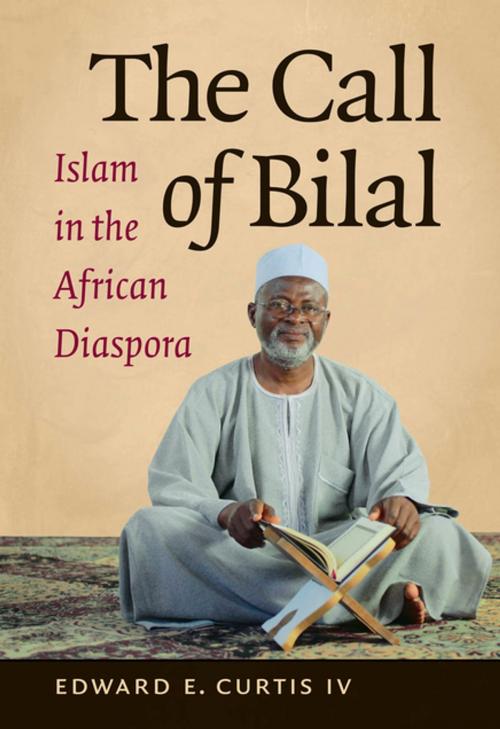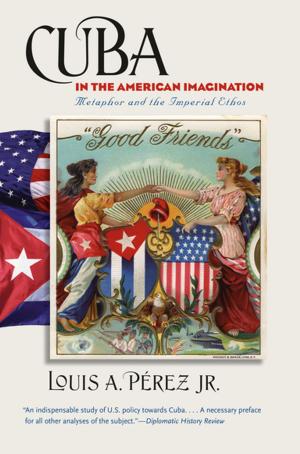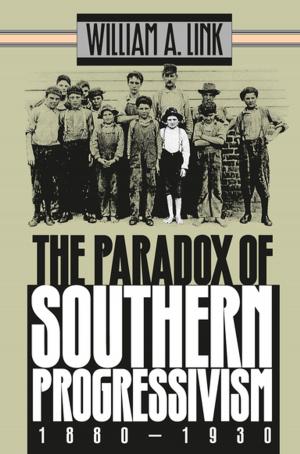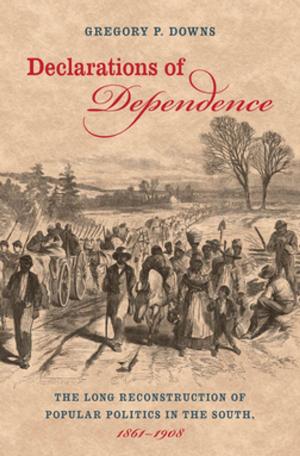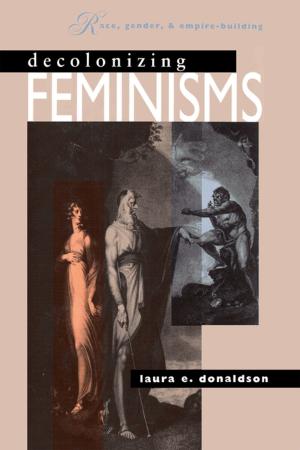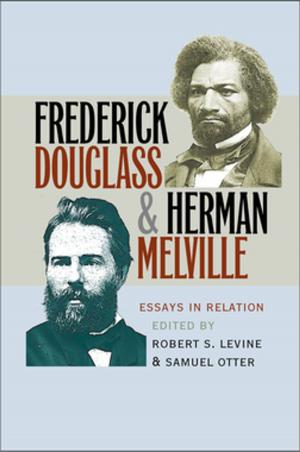The Call of Bilal
Islam in the African Diaspora
Nonfiction, History, Africa, Religion & Spirituality, Middle East Religions, Islam| Author: | Edward E. Curtis | ISBN: | 9781469618128 |
| Publisher: | The University of North Carolina Press | Publication: | October 15, 2014 |
| Imprint: | The University of North Carolina Press | Language: | English |
| Author: | Edward E. Curtis |
| ISBN: | 9781469618128 |
| Publisher: | The University of North Carolina Press |
| Publication: | October 15, 2014 |
| Imprint: | The University of North Carolina Press |
| Language: | English |
How do people in the African diaspora practice Islam? While the term "Black Muslim" may conjure images of Malcolm X and Muhammad Ali, millions of African-descended Muslims around the globe have no connection to the American-based Nation of Islam. The Call of Bilal is a penetrating account of the rich diversity of Islamic religious practice among Africana Muslims worldwide. Covering North Africa and the Middle East, India and Pakistan, Europe, and the Americas, Edward E. Curtis IV reveals a fascinating range of religious activities--from the observance of the five pillars of Islam and the creation of transnational Sufi networks to the veneration of African saints and political struggles for racial justice.
Weaving together ethnographic fieldwork and historical perspectives, Curtis shows how Africana Muslims interpret not only their religious identities but also their attachments to the African diaspora. For some, the dispersal of African people across time and space has been understood as a mere physical scattering or perhaps an economic opportunity. For others, it has been a metaphysical and spiritual exile of the soul from its sacred land and eternal home.
How do people in the African diaspora practice Islam? While the term "Black Muslim" may conjure images of Malcolm X and Muhammad Ali, millions of African-descended Muslims around the globe have no connection to the American-based Nation of Islam. The Call of Bilal is a penetrating account of the rich diversity of Islamic religious practice among Africana Muslims worldwide. Covering North Africa and the Middle East, India and Pakistan, Europe, and the Americas, Edward E. Curtis IV reveals a fascinating range of religious activities--from the observance of the five pillars of Islam and the creation of transnational Sufi networks to the veneration of African saints and political struggles for racial justice.
Weaving together ethnographic fieldwork and historical perspectives, Curtis shows how Africana Muslims interpret not only their religious identities but also their attachments to the African diaspora. For some, the dispersal of African people across time and space has been understood as a mere physical scattering or perhaps an economic opportunity. For others, it has been a metaphysical and spiritual exile of the soul from its sacred land and eternal home.
